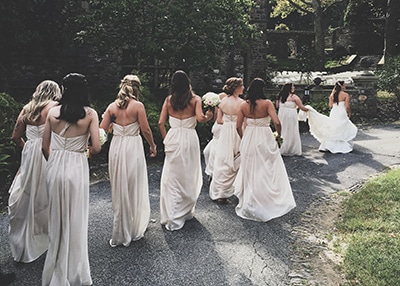Over the past decade, I’ve preformed almost 700 weddings and most of those (like 98% of them) have been with a same-day rehearsal. The idea of a traditional different-day rehearsal is still engrained in most of our ideas and expectations about what we need to do leading up to a wedding, but the landscape of how we celebrate, who marries us and who is included has expanded so much over the last decade, it’s time to update this expectation too.
What happens at a wedding rehearsal?
Contrary to popular belief, we don’t actually practice the ceremony, we preserve those words and actions for when it’s real. The “rehearsal” is really for everyone the couple has invited to formally participate in the ceremony—grandparents, parents, wedding party- anyone who will be processing up the aisle, sitting in the first rows and/or standing in the ceremony space. If you’re eloping or not having a wedding party stand up with you, then you can cross a ceremony rehearsal off your to do list—you absolutely don’t need one!
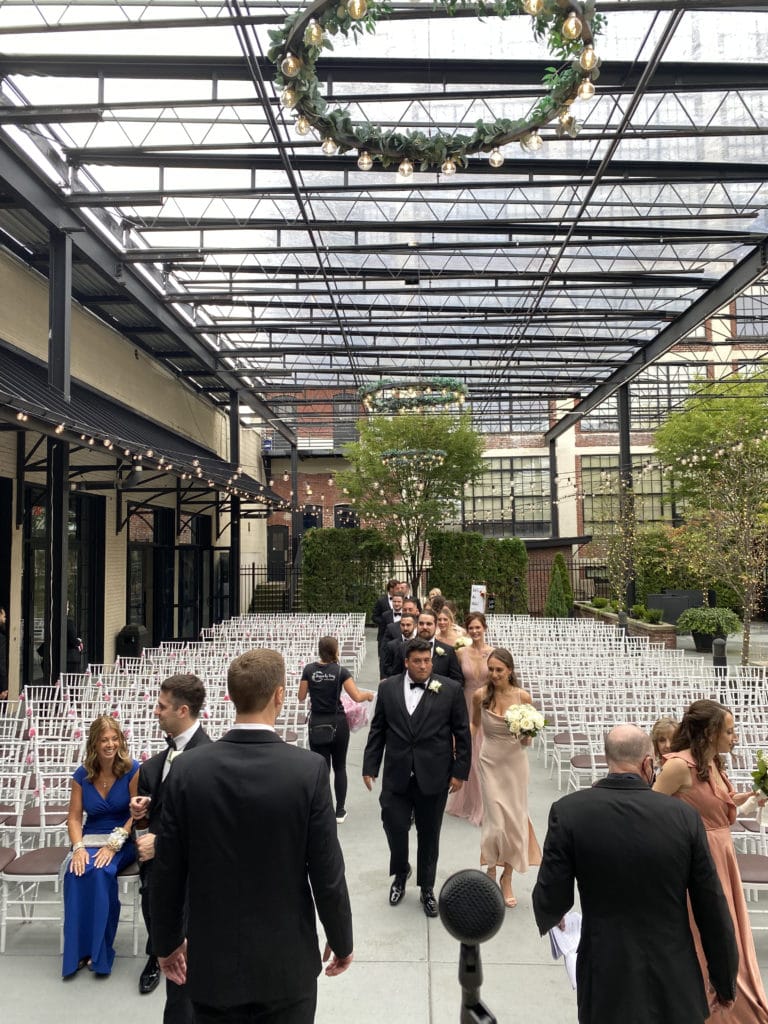
A same-day rehearsal typically occurs about 60-90 minutes before guest arrival. So, you’ll still have privacy, don’t worry. In this same-day rehearsal we practice lining everyone up in the private room/area they will be in prior to the ceremony.
For my couples, and many other professional officiants, part of my work involves designing this order of procession, taking into account religious and cultural norms and the unique family structures of the families involved, weeks ahead of time. So on the day of a wedding, we’re just following this thoughtfully designed blueprint.
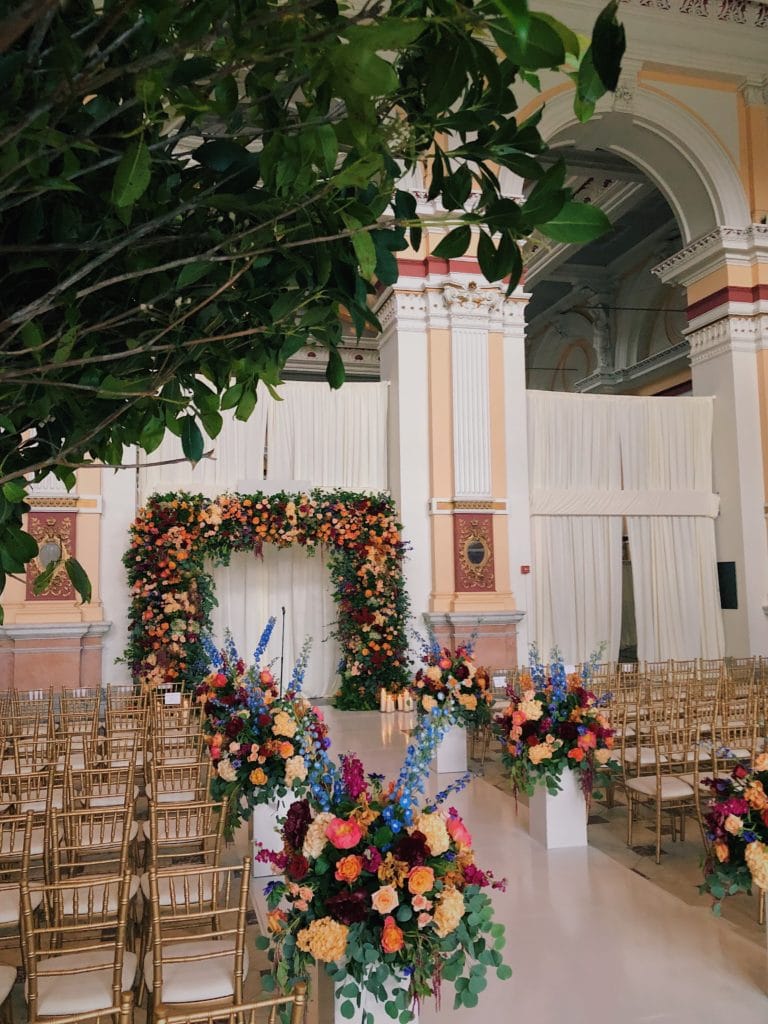
In the rehearsal, everyone practices the path they are going to take to enter into the ceremony space; they become familiar with where they are standing or sitting, and there might be some ceremony participation cues we’ll remind the wedding party about (passing off the bouquet, repositioning a dress, or how to hand the rings to the officiant, etc), and then we practice how everyone exits the ceremony space.
The point of the rehearsal is for everyone to feel confident in their role of supporting the couple.
Now, let me tell you why same-day rehearsals are the best!:
- People are dressed and in the mindset for their roles in ceremony.
- Everyone has most likely already seen each other and caught up socially the night before. So a same-day rehearsal can take 15 minutes or less to complete. (Traditional different-day rehearsals can take 45 minutes-1 hour. Yes you read that right—longer than the actual ceremony will be.)
- Weather Plan
On a same-day rehearsal, you’re in the actual ceremony space with chairs, aisle and floral installation set up. If the aisle needs to be widened to accommodate three people walking at once, there’s time to make those adjustments. - Everyone who is going to be there is there-
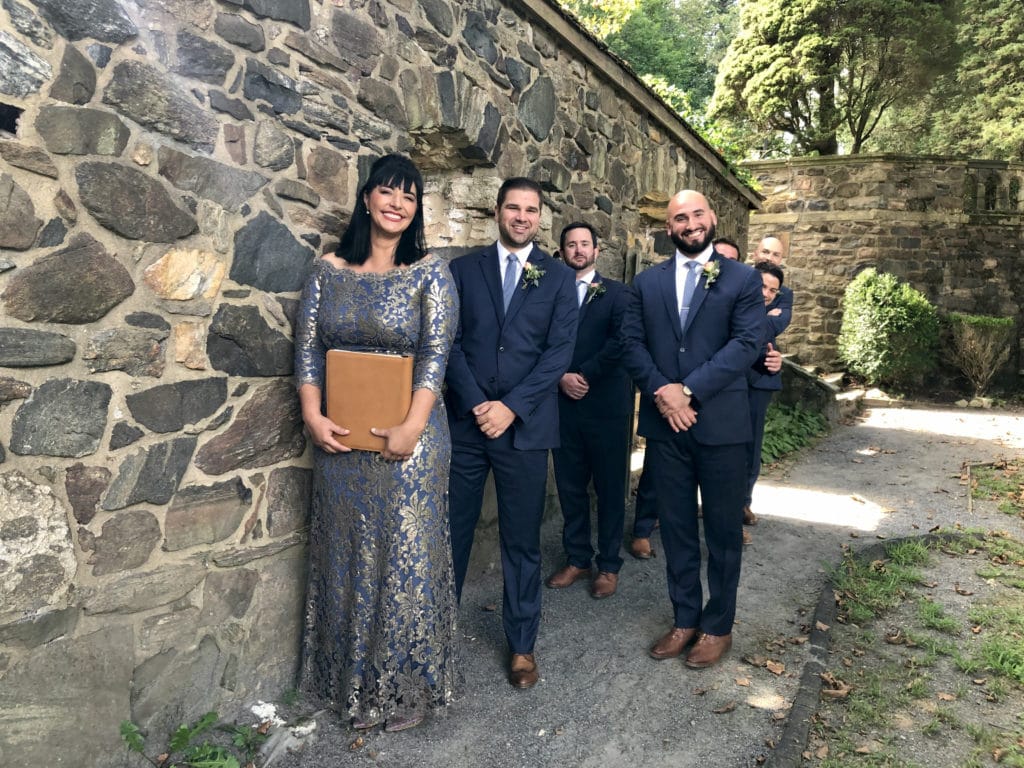
When we are on hour out before ceremony start time, everyone who is going to be participating in the ceremony will be there, so when we line up to practice the processional and figure out seat assignments, there aren’t any placeholders in our plan. What we practice on a same-day rehearsal, is actually going to happen. - Shy Kids
Children, especially cutie pie little ones, often change their minds about walking up the aisle. A same-day rehearsal, where they are dressed in their adorable outfits, is a good way to gauge if they are excited about the role or if it’s best to come up with an alternative plan for them (like sitting with a parent in the first row). - All of the couple’s vendor team (officiant, planner, photographer, video, music, florals, venue coordinator) are present and can work together. On a traditional different-day rehearsal, most of these vendors are not present.
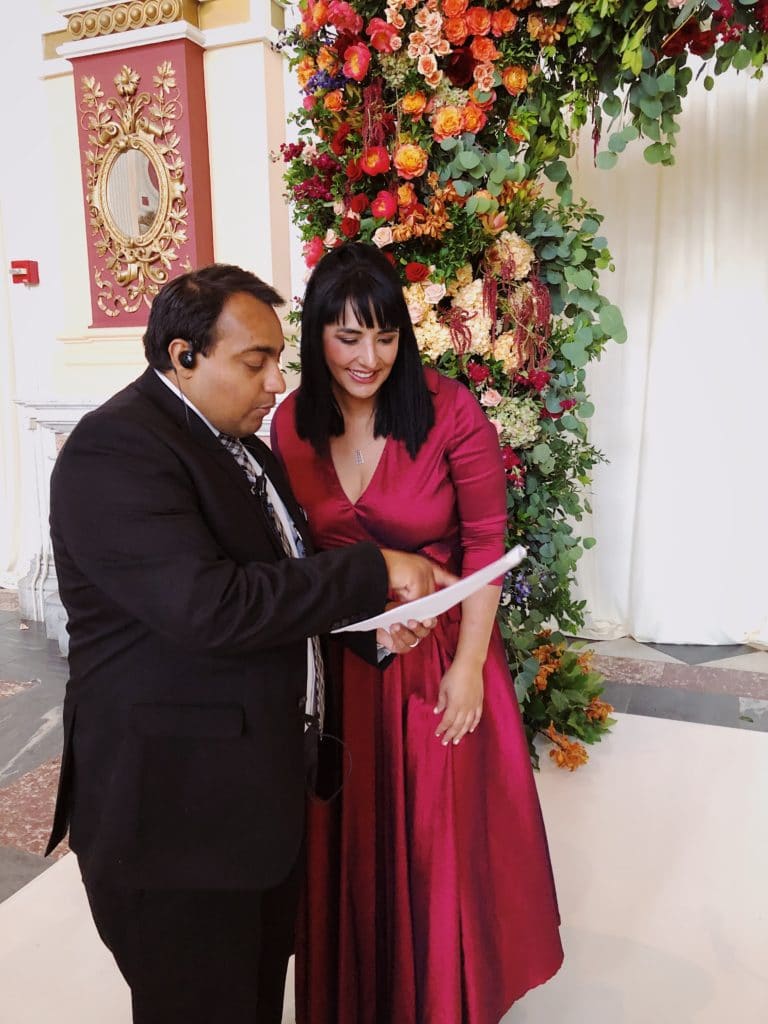
- If you’re not planning on seeing each other before the ceremony—no problem.
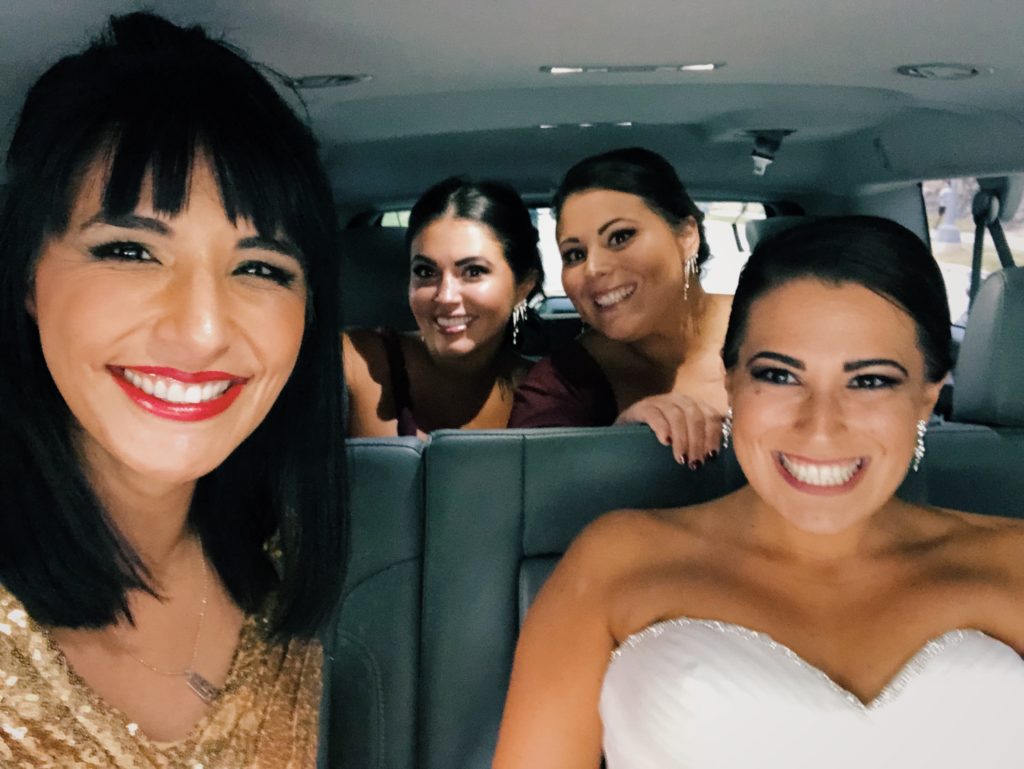
Everyone else participating in your ceremony can do the walk through without you. Remember, the rehearsal is really for the parents and the wedding party’s comfort and confidence level. - Remember wedding weekends go by really fast. So I recommend that you still have your “rehearsal dinner” the night before, but without the stress of trying to corral everyone, you’ll be free to focus on quality time together with your inner circle.
Disclaimer* It is important to keep in mind that this advice is only for those who are working with a professional team of vendors—officiant, planner, coordinator, and/or venue maître de.


